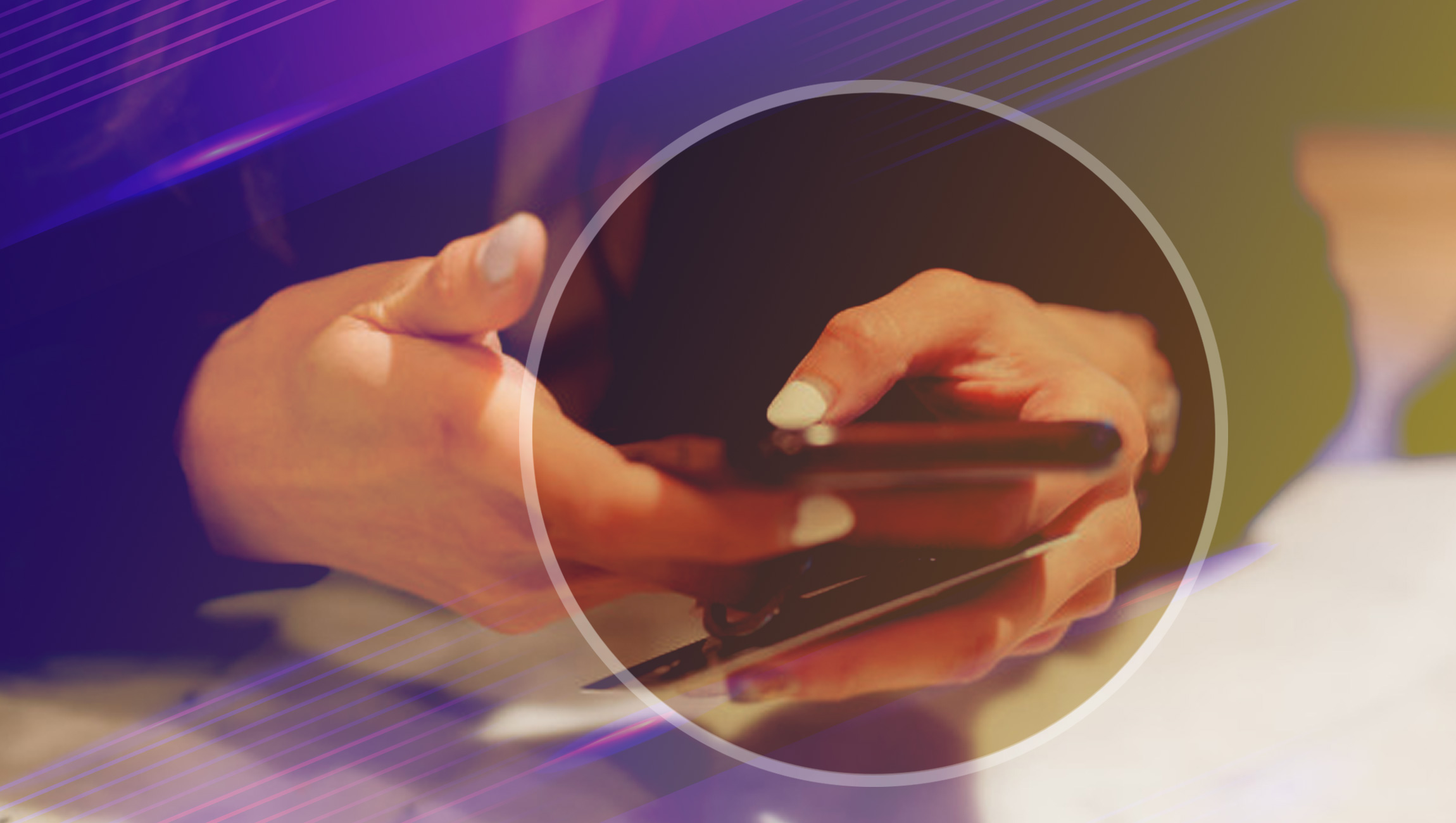 Smart shoppers are, well, smart for a reason. While many of us simply browse e-commerce platforms for the best price, this consumer segment does not settle for the first offer they see. Rather, they want to get the best possible product for the best possible price and are willing to work for it. This means investing in research, mobile search and, ultimately, online discount coupons.
Smart shoppers are, well, smart for a reason. While many of us simply browse e-commerce platforms for the best price, this consumer segment does not settle for the first offer they see. Rather, they want to get the best possible product for the best possible price and are willing to work for it. This means investing in research, mobile search and, ultimately, online discount coupons.
Discount codes and coupons are still around for a good reason – they work all these generations later, with the internet bringing them a new level of ubiquity and usability. This marketing tool works well to attract the smart shopper, an important demographic which buys regularly.
Smart shopping does not equate to budget shopping, rather customers are getting smarter with their money. That means using deals and discount offerings to their own advantage. Conversely, smart retailers have the ability to use coupons to attract the shopper of today with conditional, unique or time-limited coupons as an immediate call to action: something which we know works with millennials.
A millennial world
Smart shopping is typified by an investment of time and effort to unlock price savings for the best product – and this is something millennials have been brought up doing. Aged between 23 and 38, Millennials will soon make up the largest single generation in the U.S. This demographic has grown up in a digital age where sleuthing and searching for the best deal is second nature.
Millennials earn less than the previous generation and spend their money accordingly. They are a frugal group, with more than one-third reporting to use discount coupons frequently. Clearly, discount coupons are a useful way to attract and keep this increasingly vital consumer.
Why coupons?
Coupons empower smart shoppers to try new products and new brands at low prices – and it has been proven that coupons bring customers to purchase. Some in the marketing industry propose what is known as the coupon myth: customers get to the checkout stage but then leave to find a coupon. In reality, as highlighted by Google and comScore, coupons drive sales: 94 percent of shoppers were not on the website prior to finding a coupon. This supports the view that coupons persuade shoppers to purchase. Perhaps this tangible impact for both shoppers and retailers is why 31 billion online discount codes are expected to be redeemed worldwide during the course of 2019.
The proof of coupon success is in the numbers: Research from inmar suggests more than 80 percent of respondents changed their shopping habits as a result of a discount code.
Coupons have existed in one shape or form since 1887. The budgetary restrictions and uncertain economics we are facing, however, give renewed value to promotional coupons for both consumers and retailers. They are a tool – and the exciting part is that this transformation and integration of coupons into modern shopping is far from finished. Smartphone use and media partnerships are set to take the relationship to the next level.
Coupons and smart shoppers: together
The truth is that online coupons are not simply for smart shoppers, but for smart brands as well. The connection between a savvy buyer and an attentive brand should not be underestimated. It is a two-way relationship, with coupons getting smarter and companies uncovering better ways to connect with consumers and the all-important millennial market.
A prime example is that offered by media partnerships. The combination of trustworthy content alongside online coupons allows advertisers to tap into a new and significant audience through coupon sites in news outlets – a win-win for publishers, advertisers and customers alike.
Methods of coupon advertising and technology are moving with the times and mirror how younger, tech-savvy people consume content. Two-thirds of the U.S. population owns a smartphone and spend more time on their phones than watching television. This creates the perfect opportunity to access and persuade a millennial audience. For example, Burger King used smartphone geolocation to offer hamburgers for 1 cent when ordered from their app within 600 feet of any McDonalds. This attention-grabbing mixture of a promotional campaign and location-based offering is appealing for the smart shopper.
Cookieless Tracking, Artificial Intelligence (AI), Blockchain technology, Chatbots, and Proximity Marketing have already started to shake up the coupon industry, with even voice-activated voucher codes an example of what the future holds.
Smart retailers are best advised to require calls to action and conditionality in their coupon advertising to convert into sales – and these can be crafted in such a way to ultimately benefit the retailer. Deals, for example, give a $10 discount on purchases of more than $100 encourage the shopper to make larger purchases in order to unlock the promotion. This can benefit advertisers by delivering a higher average basket price.
Furthermore, unique coupons that offer immediacy or limited time discounts encourage the shopper to buy. The suggestion that coupon deals must offer big discounts which never run out and cover the entire store simply is not true. In reality, coupons today are being used in many intelligent ways and this is where the market seems to be going.
Conclusion
Media partnerships, driving offline to online, and delivering deals in a way that cannot be ignored needs to be the aim of the game – and this can only be attained when advertisers, networks, and voucher code partners work together as one. The goal is the same here, so one consistent strategy across partners is a sure-fire way to convert browsers into shoppers.
The millennial is ready and waiting to buy – advertisers just need to give them a smart enough reason to.












Comments are closed.